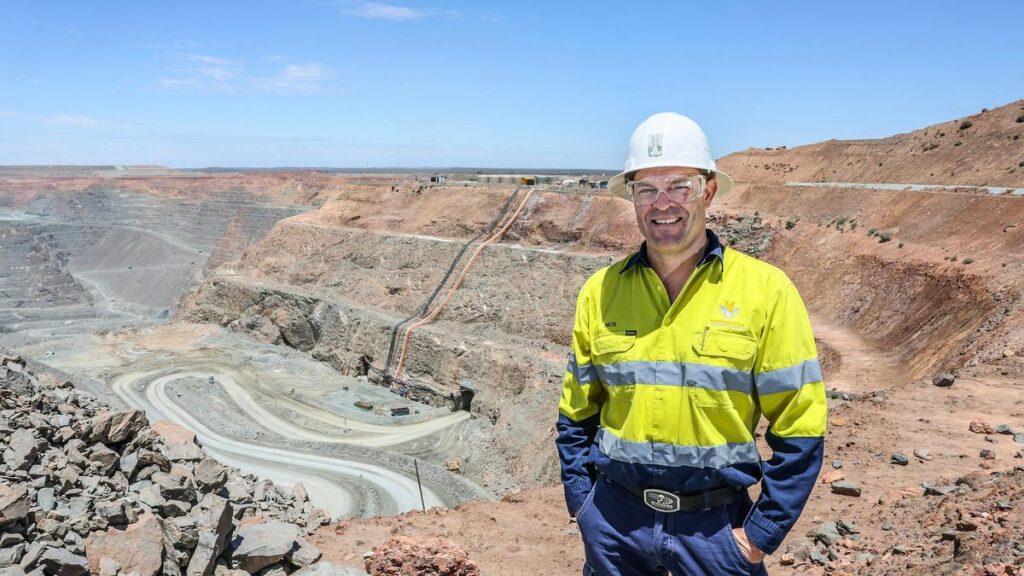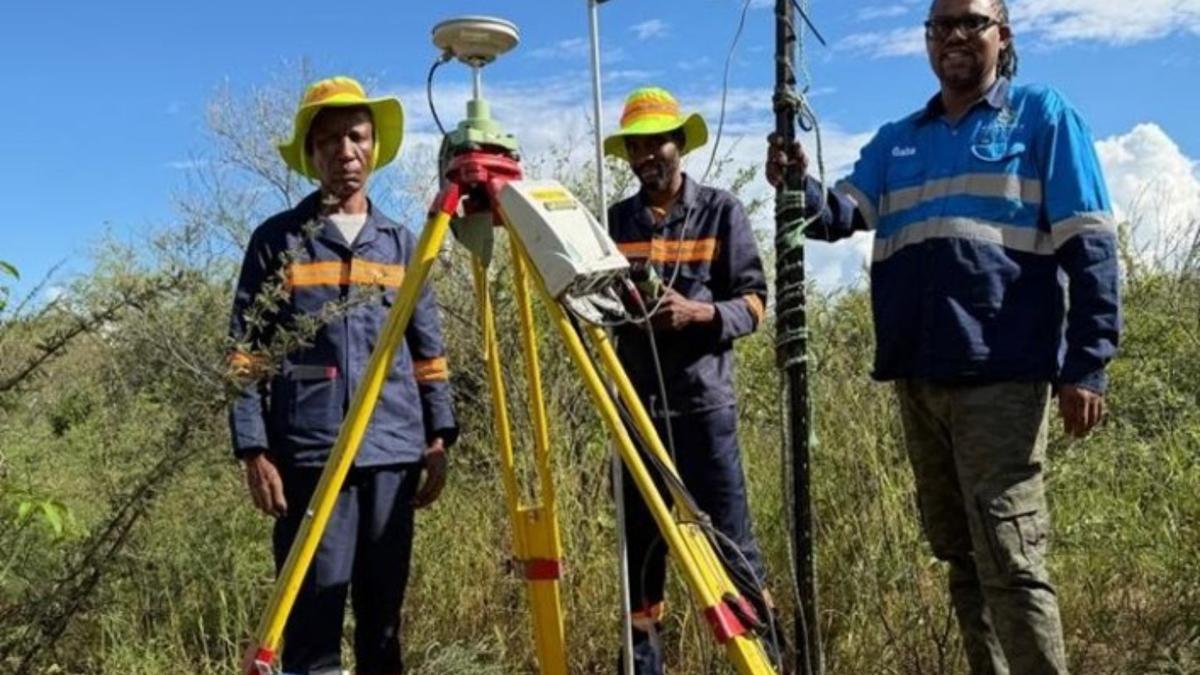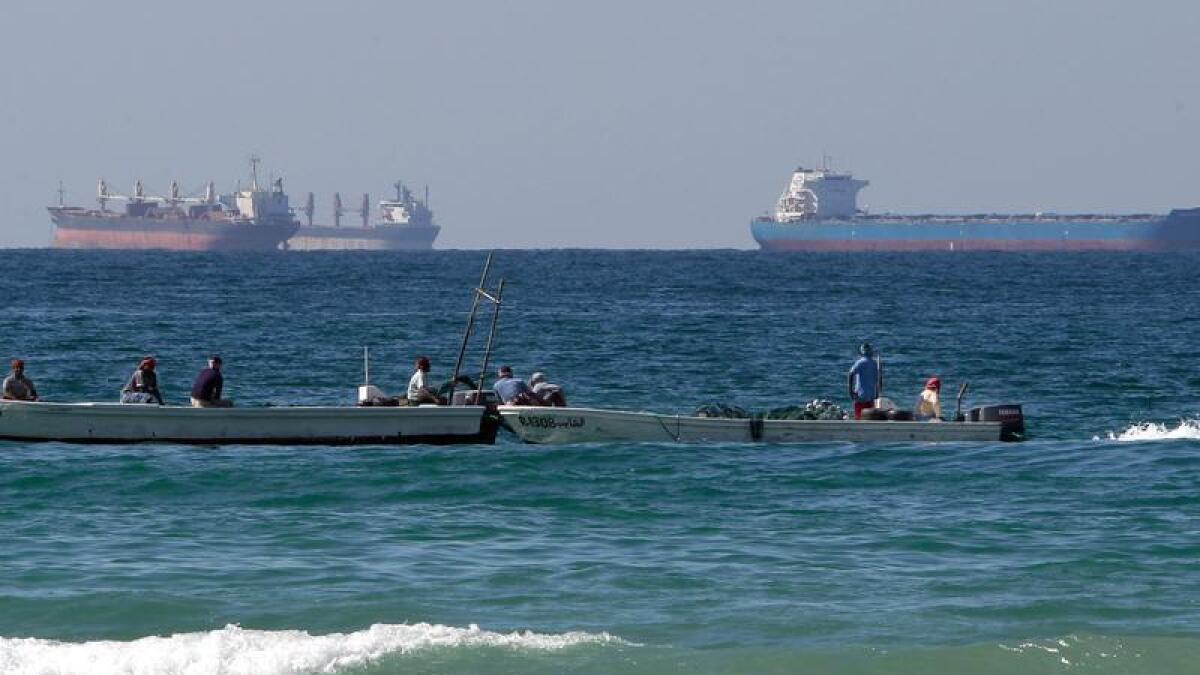
Northern Star Resources is grappling with a severe workforce shortage in Kalgoorlie, Western Australia, where job openings offering salaries of $120,000 annually remain unfilled. The mining company, which operates the renowned Super Pit, has struggled to recruit approximately 100 workers for the past three years due to a housing crisis that has left the local market nearly saturated.
Nick Strong, Northern Star’s head of growth, expressed the company’s frustration during a recent tour organized by the Chamber of Minerals and Energy. He stated, “Kalgoorlie is full. Kalgoorlie is absolutely busting at the seams so we can’t get enough employees.” The only qualifications for these positions are a valid driver’s license and a successful drug test. Despite the attractive pay, Strong noted that the company cannot fill these roles because “there’s no people in Kalgoorlie because no one can come to Kalgoorlie because there’s nowhere for them to live.”
The shortage of rental properties has become a pressing concern. Kathryn State, a department manager at First National Real Estate in Kalgoorlie, highlighted daily inquiries from individuals seeking to relocate for work. “There is a shortage of rental accommodation here, particularly good quality rental accommodation,” she stated. Prices for rentals have skyrocketed; a two-bedroom unit that cost approximately $300 per week five years ago now commands over $600 weekly. This surge is largely driven by investors from the eastern states aiming for high rental yields at relatively low property prices, further straining the already limited housing stock.
While Northern Star advocates for a residential workforce rather than a fly-in, fly-out (FIFO) model, the company is forced to consider temporary accommodation solutions. Recent capital projects, including a major mill expansion and a $155 million pipeline of renewable energy initiatives, have necessitated the development of new housing options. Strong acknowledged that the construction of temporary accommodation camps has been met with local resistance, stating, “These types of builds are controversial, especially in a small residential town like Kalgoorlie.”
Plans for a 300-person accommodation camp at the Super Pit site, costing up to $35 million, are underway, along with approval for an 800-bed facility on the outskirts of Kalgoorlie. The recent public consultation period revealed significant opposition, with 144 submissions against the project and only four in support. Strong remarked, “Companies don’t want them, workers don’t want them, but they are an essential part of the operations that we run.”
The financial implications of the current situation are significant. According to Strong, employing a FIFO worker can cost between $60,000 and $70,000 annually for accommodation, flights, and food, in addition to their wages. He emphasized that these workers do not necessarily outperform their residential counterparts, yet the associated costs are substantial.
The wage disparity has also impacted other sectors in Kalgoorlie, particularly childcare. Strong noted that childcare workers earning $65,000 are tempted to leave for higher-paying roles at Northern Star, exacerbating the childcare crisis in the town. In response, Northern Star is increasing wages for YMCA Goldfields childcare workers and providing housing subsidies to ensure that employees have adequate support.
The situation unfolds as gold prices soar to over $4,000 per ounce, contributing to Northern Star’s impressive financial performance. The company reported profits exceeding $1.4 billion for the past financial year, a sharp increase from $638.5 million the previous year.
As Kalgoorlie faces these challenges, Northern Star acknowledges its responsibility to the community and the need for viable solutions to support both its workforce and local residents. Strong concluded, “We can’t just sit here and pretend that there’s no problems out there and we’ll just run our operation and make lots of money. We have to look after the community.”







